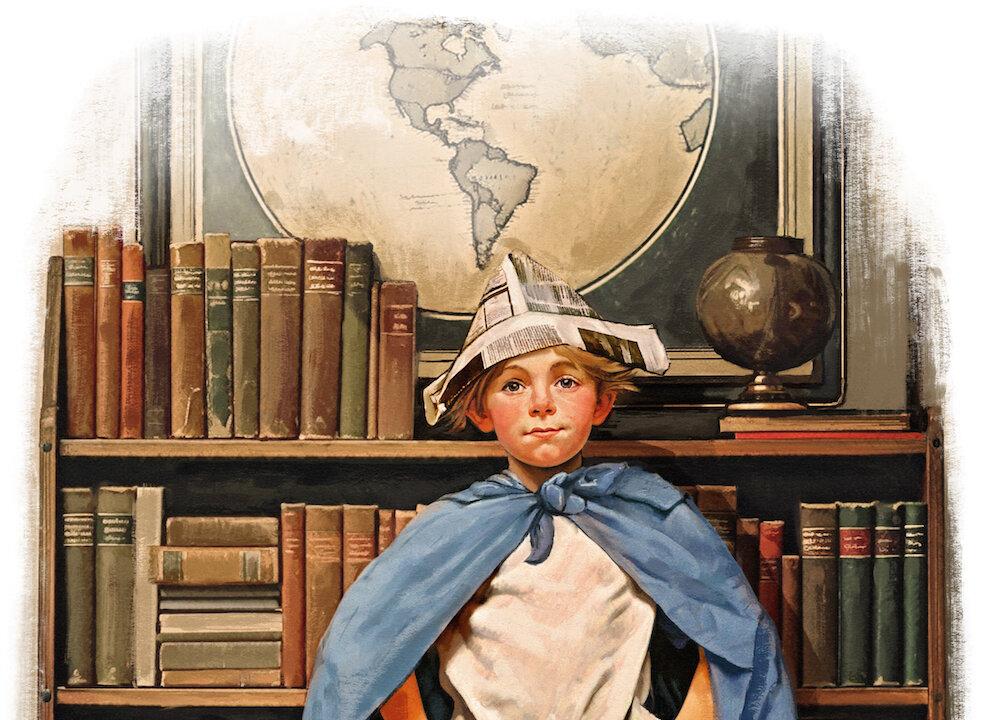Some of us undoubtedly treasure the books we read in our childhood and adolescence about heroes, particularly those in the American Pantheon. Teddy Roosevelt, Clara Barton, Daniel Boone, and scores of other famous figures fired up our imaginations, bred the desire to live honorably and do great deeds, and perhaps sparked a lifelong passion for history and biography.
The lives of some of the stalwarts who inspired me in boyhood—Robert E. Lee, Roosevelt, and T.E. Lawrence, known popularly as “Lawrence of Arabia,” come immediately to mind—have remained a part of my reading as an adult. To those, the years have added names such as G.K. Chesterton, Booker T. Washington, and, in particular, Winston Churchill, with half a dozen biographies of that English bulldog on my bookshelves. At various times in my life, an oddball gathering of writers, painters, teachers, and politicians have also served as mentors for work and life.In “The Truly Great,” Stephen Spender begins his poem with this line, “I think continually of those who were truly great.” It’s a noble and beautiful poem, and we’ll return to it later, but first we might ask, “what’s the point of thinking at all of those who were truly great?” Other than acquiring some knowledge of history, what good will a fourth grader take from a biography of Abraham Lincoln, Jim Thorpe, or Amelia Earhart? What possible lessons might a plumber or stay-at-home mom—or for that matter, a writer and teacher like me—draw from a biography of Churchill, Frederick Douglass, or Abigail Adams?






